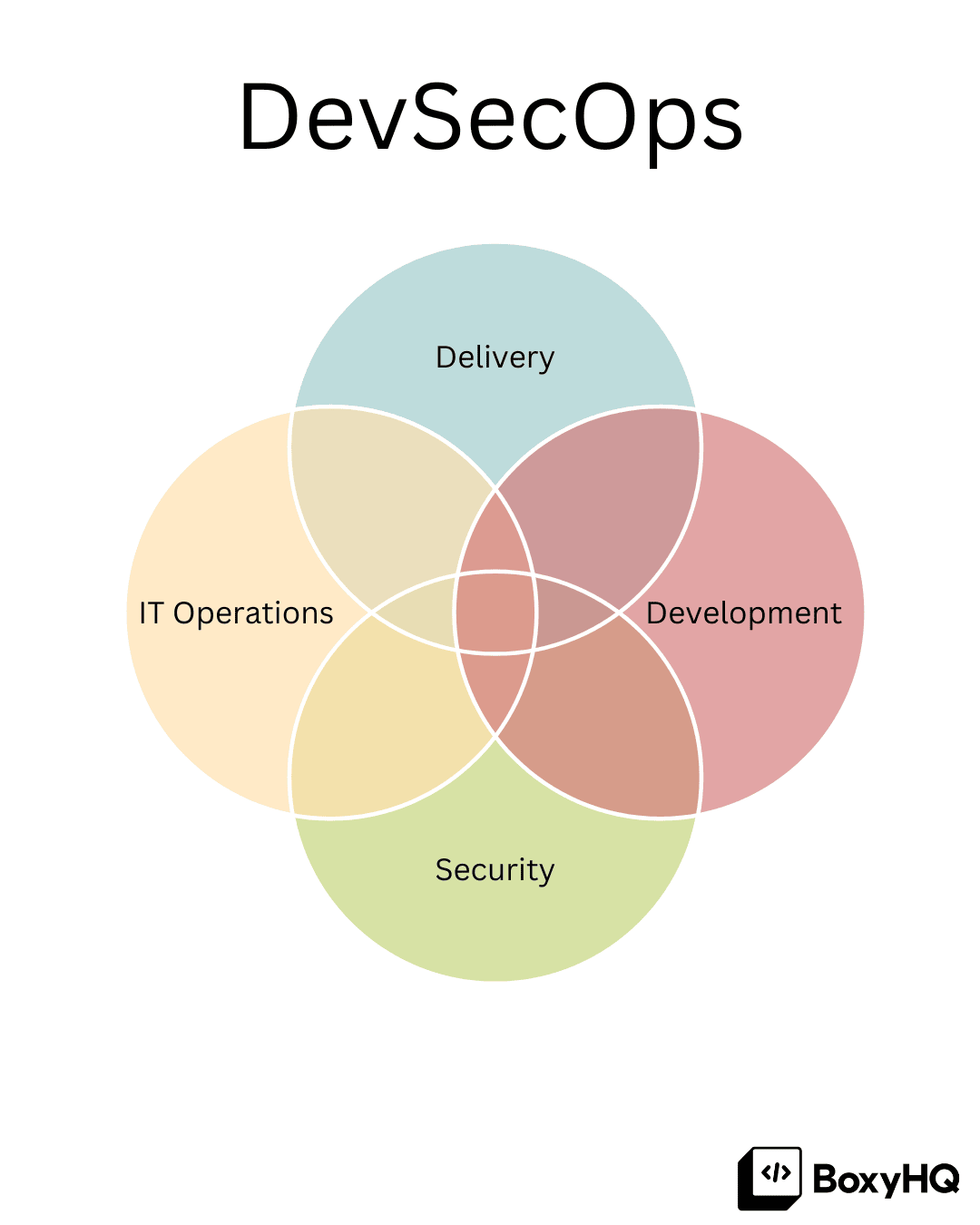What is DevOps and how has it evolved into DevSecOps
What is DevOps
Let's first take a look at what DevOps (Developer Operations) is so we can better understand why it has now evolved into DevSecOps (Developer Security Operations). DevOps is a combination of philosophies, practices, and tools that increases a business's ability to deliver better development in less time (Higher velocity). This can be applied to building a new product or the process of continuous improvement that applies to most products we see today.
If we look at the old way of development, typical teams worked on their own and would do their bit and then just pass it on to the next team to do theirs, a bit like an assembly line. This meant that development cycles were very long, communication between teams was limited, handover processes were not in place and if anything went wrong it would take a long time to identify and fix issues. If we compare that to today's agile development process we use DevOps to work in sprints and deliver results in a much faster and more efficient way. This has been made possible by not only the way we look at the development cycle but also by tools and automation.
DevOps has come a long way already and we have seen it evolve with the agile methodology of working but security, in particular, was always still the last step of the development process and not thought about as a necessity. In some cases when security was only looked at by a specific team at the end of the process.
Why has security been integrated into DevOps
The rise in cybercrime and the sophistication of attacks has made security a crucial part of the development process and not just an afterthought. This has led to security being integrated into the development process at each stage and becoming a shared responsibility. It has also led to security being thought about and planned right from the start of each process rather than at the end. This has resulted in more development velocity, more layers of integrated security and higher collaboration around security as a major aspect of the development cycle.
The integration of security in the development cycle at each stage from start to finish while also automating some of the security steps is what has led to the evolution of DevOps becoming DevSecOps, a go-to practice today. One of the main reasons the term was adjusted to include security is to make each person in the process think about and take accountability for secure building practices.
Benefits of DevSecOps
Lastly, let's take a quick look at the main benefits of having solid DevSecOps in place
-
Security
By thinking about and implementing security at each stage of the development process and particularly in the early stages organizations are proactively mitigating cyber threats. This combined with automated security testing means that dev teams can perform security checks and audits without slowing down development cycles.
-
Improved Collaboration
DevSecOps pushes for development and security and operations teams to collaborate more and especially in the early stages of the process. This increases innovation and leads to better cross-team buy-in. It also makes sure that everyone is responsible for security.
-
Streamlines process that limits vulnerabilities
Having security in every stage of the development process limits the chance of finding vulnerabilities much later, vulnerabilities which could delay the release. The process of streamlining the process with automated security testing as part of the development process also ensures that possible vulnerabilities are caught at each stage.
-
Cost
Cost is also always a major benefit and by having a good DevSecOps process in place you will find bugs and issues much faster which will result in less time and cost required to fix them.

